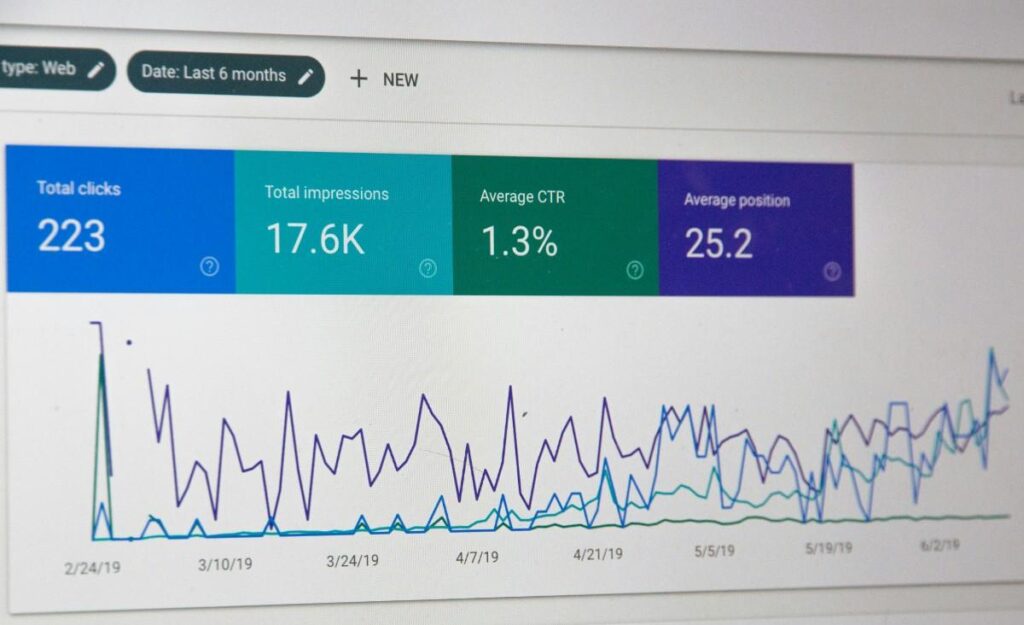
In today’s competitive digital landscape, businesses face the constant challenge of choosing the most effective marketing strategies to drive growth and achieve their objectives. Two prominent methods for increasing online visibility and attracting potential customers are Search Engine Optimization (SEO) and Pay-Per-Click (PPC) advertising. Each strategy offers unique benefits and challenges, including audience engagement strategies, making it essential for businesses to carefully consider which approach aligns best with their goals and resources.
Understanding SEO
SEO is the process of optimizing a website to improve its visibility in search engine results pages (SERPs) organically. By leveraging various techniques such as keyword optimization, content creation, and backlink building, businesses aim to rank higher in search engine results, driving organic traffic to their websites. One of the key benefits of SEO is its ability to generate sustainable, long-term results. Unlike PPC, where visibility stops once the advertising budget is exhausted, SEO efforts can continue to yield organic traffic over time with proper maintenance and updates. However, achieving success with SEO requires patience and ongoing investment. It can take time for search engines to recognize and rank new content, and the competitive landscape can make it challenging to secure top positions in SERPs.Understanding PPC
PPC advertising allows businesses to bid for ad placement in search engine results and pay a fee each time their ad is clicked. This model offers immediate visibility and can be highly targeted, allowing businesses to reach specific audiences based on keywords, demographics, and other factors. PPC is particularly effective for short-term campaigns or promotions, as it delivers instant results and provides full control over ad spend and targeting parameters. Nevertheless, PPC can be costly, especially for competitive keywords, and it requires continuous monitoring and optimization to maximize return on investment (ROI).Comparing SEO and PPC
Now that you have an understanding of why audience engagement is important, you can start judging whether approach works better for your business. When comparing SEO and PPC, several factors must be considered to determine which strategy is best suited for a particular business:Cost-effectiveness
Speed of Results
Long-term vs. Short-term Impact
Control and Flexibility
Targeting Capabilities
Factors to Consider When Choosing Between SEO and PPC
When faced with the decision between investing in SEO or PPC, businesses must carefully evaluate several key factors to determine which strategy aligns best with their objectives and resources.Business Goals and Objectives
Budget Constraints
Industry Competition
Target Audience Behavior and Preferences
Resource Availability
Integrating SEO and PPC Strategies
While SEO and PPC are often viewed as distinct strategies, integrating them can yield synergistic benefits. By combining the strengths of both approaches, businesses can maximize their online visibility, reach diverse audiences, and achieve better results. For example, businesses can use PPC data to inform SEO keyword strategies and vice versa. Additionally, running PPC ads for high-converting keywords can complement SEO efforts by driving immediate traffic to optimized landing pages. In conclusion, the decision to invest in SEO or PPC depends on various factors, including business goals, budget constraints, and target audience preferences. While SEO offers long-term sustainability and cost-effectiveness, PPC provides immediate visibility and control. Ultimately, a balanced approach that incorporates both SEO and PPC strategies can help businesses maximize their online presence and achieve their marketing objectives. By understanding the importance of audience engagement, businesses can learn how to engage their target audiences and drive growth. For expert guidance on optimizing your online presence and understanding your target audience effectively, contact Mount Oliver SEO Expert at (412) 775-2383 today. FAQsWhat is the main difference between SEO and PPC?
Which strategy is more cost-effective, SEO or PPC?
How long does it take to see results from SEO and PPC campaigns?
Can I use both SEO and PPC together for better results?
How do I know which strategy is right for my business?
